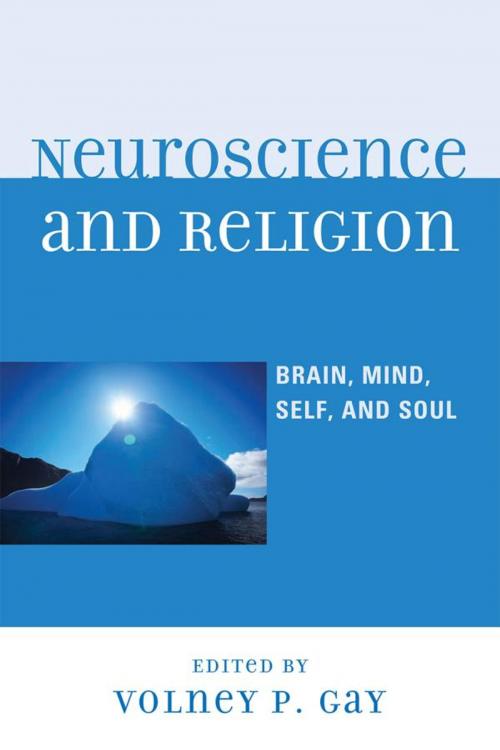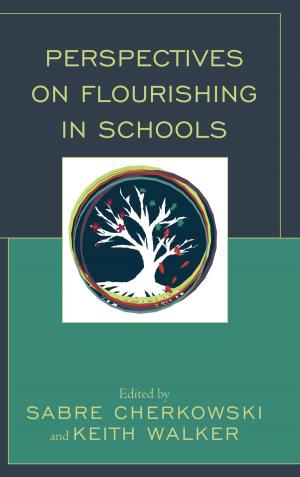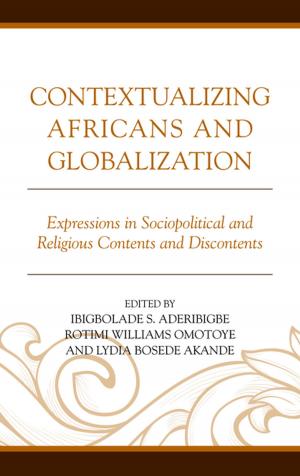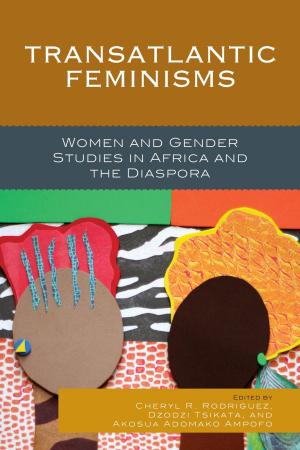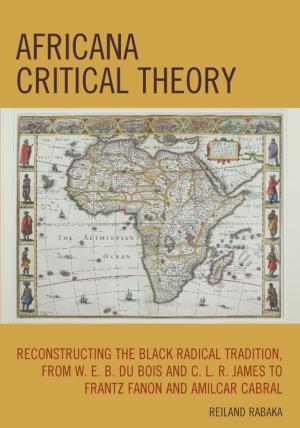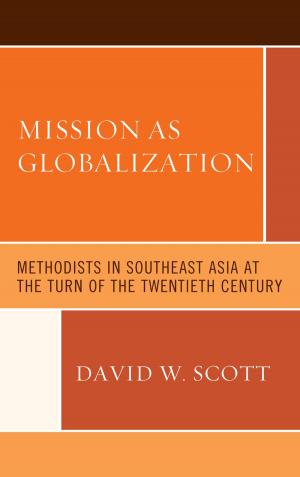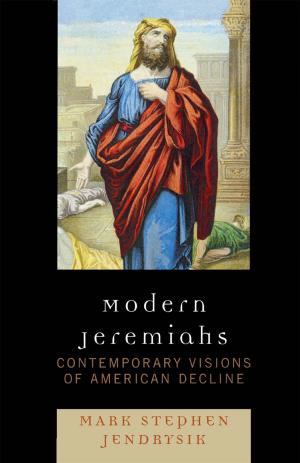Neuroscience and Religion
Brain, Mind, Self, and Soul
Nonfiction, Health & Well Being, Psychology, Neuropsychology, Science & Nature, Science, Other Sciences, Philosophy & Social Aspects, Religion & Spirituality| Author: | ISBN: | 9780739133934 | |
| Publisher: | Lexington Books | Publication: | August 16, 2009 |
| Imprint: | Lexington Books | Language: | English |
| Author: | |
| ISBN: | 9780739133934 |
| Publisher: | Lexington Books |
| Publication: | August 16, 2009 |
| Imprint: | Lexington Books |
| Language: | English |
For religious persons, the notion of human being is tied inextricably to the notion of God (or the gods) and turns on this question: what is human being? How did we, with our almost infinite capacities for thought, change, and domination, come to be? Imbued with powers far beyond any other animal, humans are too faulty to be considered gods themselves. Yet, the idea of God (or the gods) appears in all distinctive human cultures: it names the other pole of human_it designates a being who realizes perfectly our imperfectly realized nature. With the rise of new sciences come ancient anxieties about how we should define human being. In the nineteenth century, electricity and magnetism fascinated experts and captivated the lay public. In the twenty-first century, advances in neuroscience open up vast new possibilities of mimicking, and perhaps emulating human being. In this book twelve scholars and scientists ask what_if anything_distinguishes Brain from Mind, and Mind from Self and Soul.
For religious persons, the notion of human being is tied inextricably to the notion of God (or the gods) and turns on this question: what is human being? How did we, with our almost infinite capacities for thought, change, and domination, come to be? Imbued with powers far beyond any other animal, humans are too faulty to be considered gods themselves. Yet, the idea of God (or the gods) appears in all distinctive human cultures: it names the other pole of human_it designates a being who realizes perfectly our imperfectly realized nature. With the rise of new sciences come ancient anxieties about how we should define human being. In the nineteenth century, electricity and magnetism fascinated experts and captivated the lay public. In the twenty-first century, advances in neuroscience open up vast new possibilities of mimicking, and perhaps emulating human being. In this book twelve scholars and scientists ask what_if anything_distinguishes Brain from Mind, and Mind from Self and Soul.
